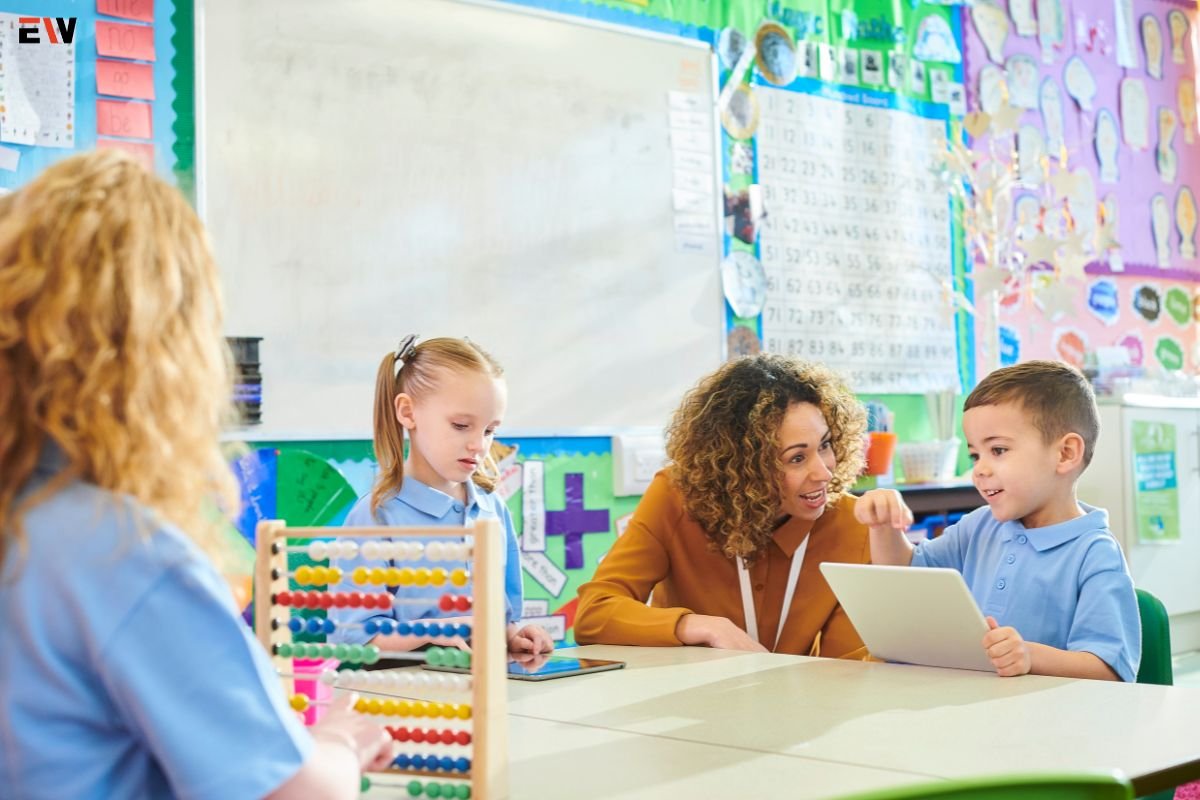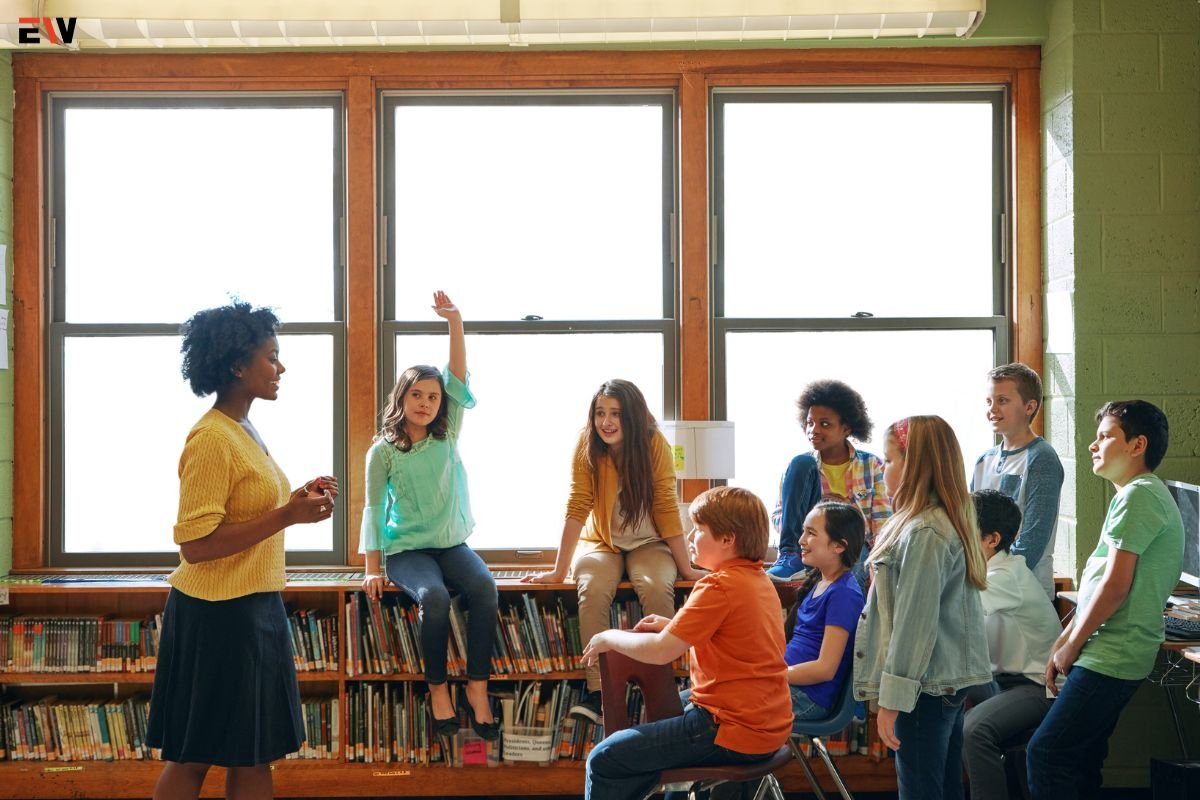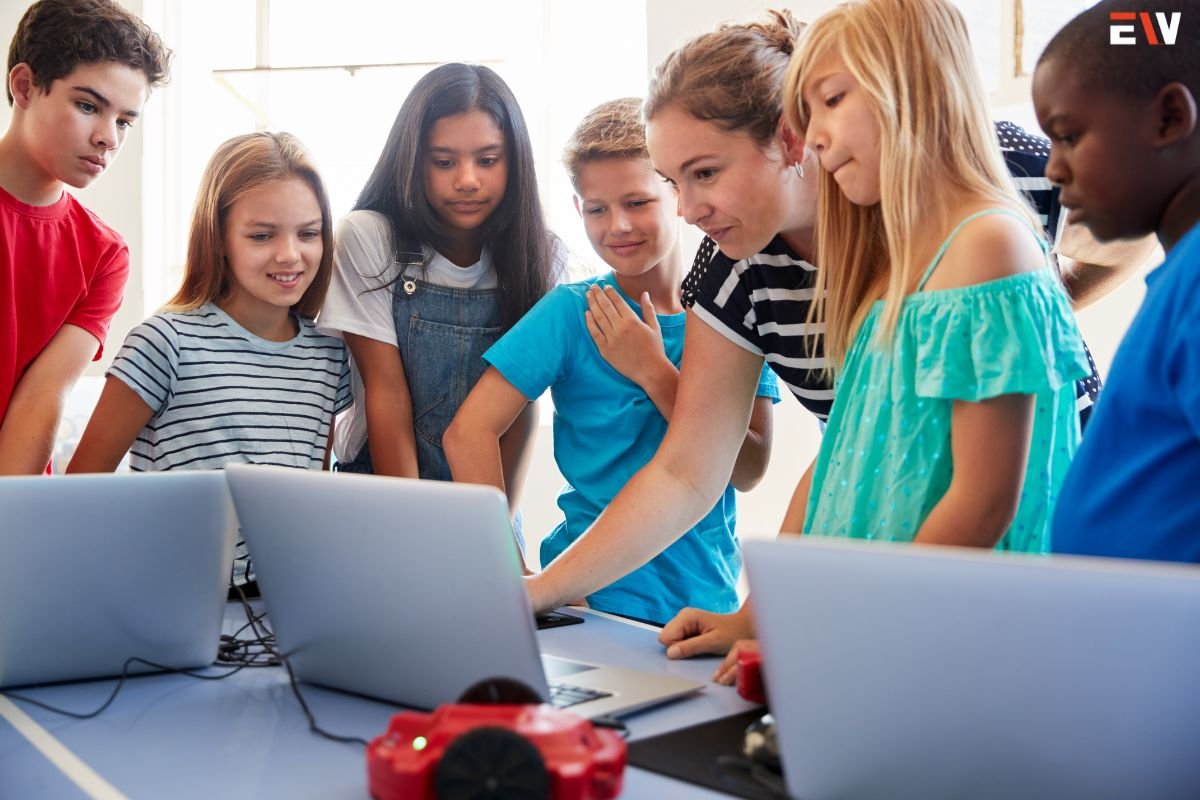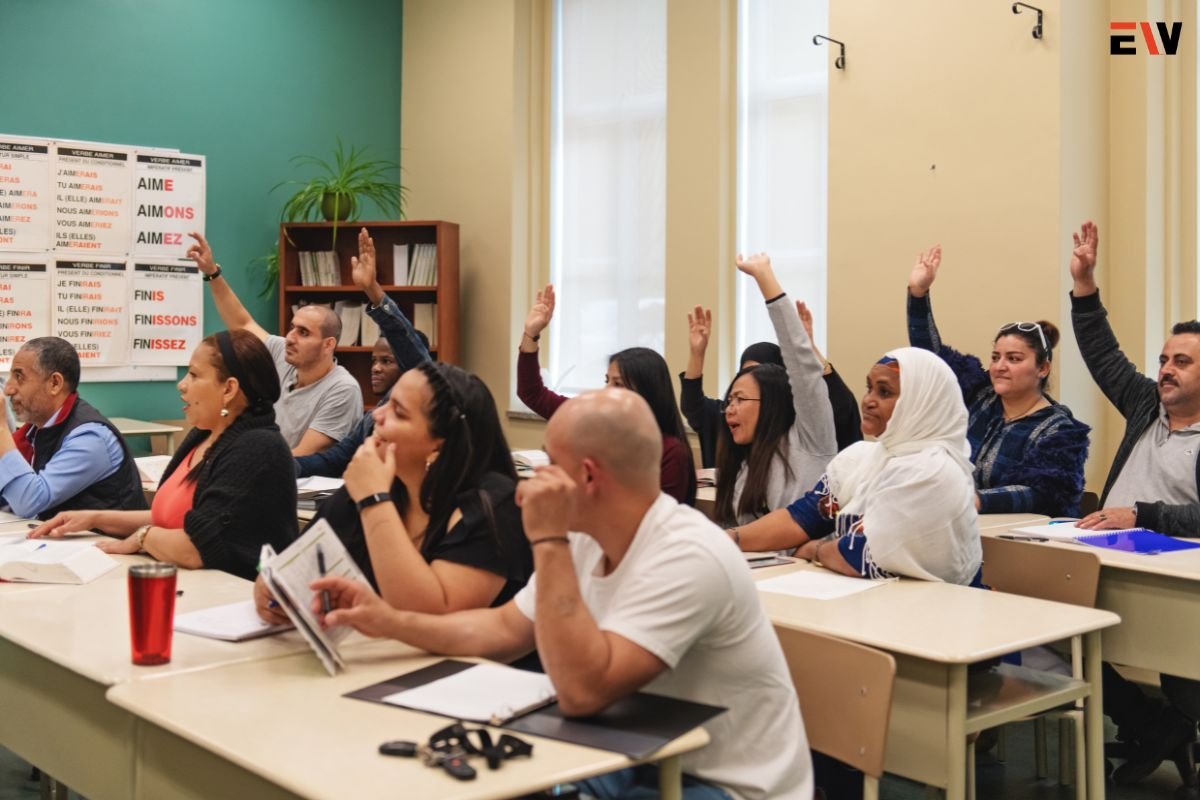In the dynamic landscape of education, fostering student engagement is crucial for creating meaningful learning experiences and driving academic success. Student engagement strategies encompass a variety of techniques and approaches aimed at capturing students’ interest, participation, and enthusiasm for learning. In this guide, we’ll explore the importance of student engagement, key strategies for enhancing engagement in the classroom, and practical tips for implementation.
The Importance of Student Engagement Strategies
Student engagement is more than just participation; it’s about creating an environment where students are actively involved, motivated, and invested in their learning journey. Engaged students are more likely to demonstrate higher levels of academic achievement, critical thinking skills, and retention of information. Additionally, fostering student engagement promotes a positive classroom culture, builds rapport between students and educators, and enhances overall learning outcomes.
Key Student Engagement Strategies
1. Active Learning Techniques

Incorporate active learning techniques that encourage students to participate actively in the learning process. Examples include group discussions, debates, problem-solving activities, case studies, and hands-on projects. Active learning promotes critical thinking, collaboration, and a deeper understanding of the subject matter.
2. Use of Technology
Integrate technology tools and resources into the learning environment to engage students and enhance interactivity. Utilize educational apps, multimedia presentations, interactive whiteboards, and online discussion forums to create dynamic and engaging learning experiences that cater to diverse learning styles and preferences.
3. Differentiated Instruction
Differentiate instruction to meet the individual needs, interests, and abilities of students. Offer a variety of learning activities, materials, and assessment methods to accommodate diverse learning profiles and ensure that all students are challenged and supported at their own pace.
4. Feedback and Reflection
Provide timely and constructive feedback to students on their progress, performance, and areas for improvement. Encourage students to reflect on their learning experiences, set goals, and take ownership of their academic growth and development. Feedback and reflection foster metacognition and self-regulated learning skills.
5. Active Participation

Create opportunities for active participation and student voice in the classroom. Encourage students to ask questions, share ideas, and contribute to discussions. Foster a supportive and inclusive learning environment where all voices are valued and respected.
6. Real-World Connections
Make connections between classroom content and real-world contexts to enhance relevance and engagement. Incorporate real-life examples, case studies, and applications of concepts to demonstrate the practical significance of what students are learning and inspire curiosity and interest.
Practical Tips for Implementation
1. Build Relationships
Establish positive relationships with students based on trust, respect, and mutual understanding. Get to know your students as individuals, show genuine interest in their interests and aspirations, and create a supportive and welcoming classroom atmosphere.
2. Set Clear Expectations
Communicate clear learning objectives, expectations, and guidelines to students at the beginning of each lesson or unit. Provide a roadmap for student success and clarify the purpose and relevance of learning activities.
3. Encourage Collaboration
Promote collaboration and teamwork among students by incorporating group work, peer-to-peer learning, and collaborative projects into the curriculum. Encourage students to share ideas, brainstorm solutions, and learn from each other’s perspectives.
4. Provide Choice and Autonomy

Offer students choices and opportunities for autonomy in their learning. Allow students to select topics, projects, or assignments that align with their interests and passions, fostering a sense of ownership and investment in their learning journey.
5. Celebrate Achievements
Recognize and celebrate student achievements, progress, and milestones. Acknowledge effort, perseverance, and growth, and celebrate successes both big and small to boost students’ confidence and motivation.
Conclusion
Effective student engagement strategies are essential for creating dynamic and enriching learning experiences that inspire curiosity, foster critical thinking, and promote academic success. By incorporating active learning techniques, leveraging technology, differentiating instruction, providing feedback and reflection, encouraging active participation, and making real-world connections, educators can cultivate a culture of engagement and enthusiasm for learning in the classroom. By implementing practical tips for building relationships, setting clear expectations, encouraging collaboration, providing choice and autonomy, and celebrating achievements, educators can create an inclusive and empowering learning environment where all students thrive and succeed.









